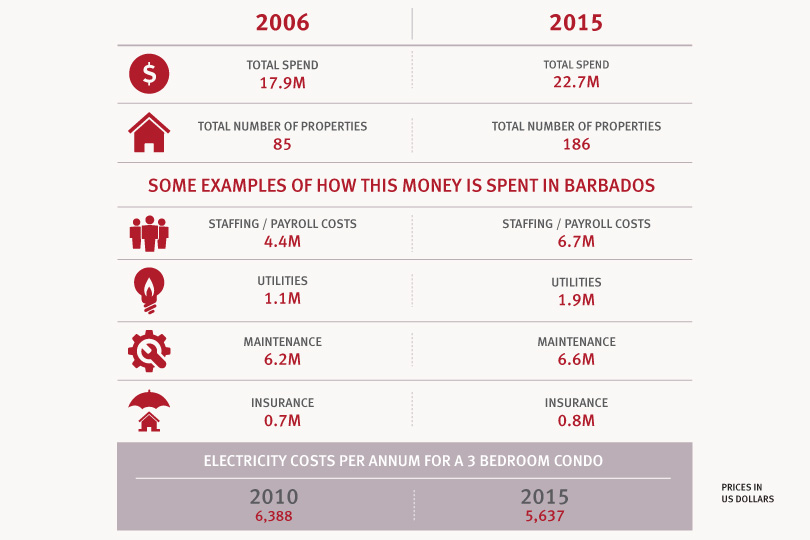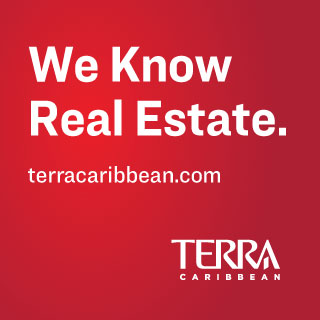The Growth in Property Management
Celebrating our island’s 50th year of independence has made us also reflect on how changes in Barbados have impacted residential property management and our journey over the years.
Back in the late 1950’s, Barbados was growing in popularity as a tourist destination and several hotel projects such as Sandy Lane, Eastry House Hotel and Edgewater were being constructed in order to accommodate the increasing number of visitors who were discovering Barbados for the first time. There were also significant improvements in air and sea transportation, which facilitated direct access to Barbados from crucial source markets.
We have come a long way since then with our island’s tourism product growing and developing to become the country’s main income earner. Approximately 35 years ago, as more wealthy foreign investors began purchasing holiday homes, we recognised the opportunity to offer property management services (PM) for the Villa market. As these owners were not full-time residents in Barbados, they soon realised that they needed someone to look after their properties in their absence.
The PM growth during the years 1993 to 2007 was fuelled by the changes in the Barbados real estate landscape. The development of residential communities such as Sandy Lane and Royal Westmoreland, along with the conversion of beachfront properties into beautiful villas and condominium / townhouse developments contributed to the increasing demand for PM services.
During the growth spurt years, houses were staffed with a minimum of a cook and housekeeper, while as many as 20 employees were required to look after the larger villas. This continued through to 2008, when the world experienced the great recession of this generation.

As we celebrate the 10th edition of The Red Book, we thought we would give some examples of the changes that have occurred in the world of PM. Over the past 10 years, we have seen owners struggle to afford to permanently employ large numbers of staff and many have had to reduce their staff complement when the property is unoccupied. We have been responsive to our owners’ need by providing temporary staffing as an alternative when the properties were occupied; either by tenants or by the owners or their friends and family. We have also been able to retain the staff as they are deployed at various properties within our portfolio, based on occupancy.
We have also seen a change in the type of holiday guests that are currently attracted to our shores versus those who visited 10 years ago. Instead of wanting extremely pampered service and individual attention, they are now becoming far more casual and independent both in their lifestyles and holiday habits.
Technological advances, such as power saving devices, and the low cost of oil have significantly reduced the costs of electricity in the properties we manage.
In general, the business of PM has become more sophisticated with far more demands. Our team is continually being trained to improve their skills in planning, maintenance, leadership and budgeting as our clients’ expectations have grown. In the last 10 years, we have also seen the growth of competition in this business, from independent managers to whole business organisations.
PM is an integral part of our suite of services and allows us to build long-term relationships with our clients. As a result, we are their first choice for real estate transactions in the future.



